A judicial friend from Florida sent along a case of first impression involving a parental rights determination between a birth mother and a biological mother that she calls “a law professor’s dream case.” It does sound a bit like a law school exam question—a very difficult one.
The case involved two women in a committed relationship who wanted to have a child. Ova from one of the women were removed, fertilized by donated sperm, and implanted in the other woman, who then gave birth to the child. Thus, one woman was the biological mother and one was the birth mother, an unusual situation to be sure.
Only the birth mother’s name appeared on the child’s birth certificate. For years, the two women reared their child together but, when the relationship failed, the birth mother, without telling the biological mother, fled to Australia with the child.
The trial court reluctantly ruled that only the birth mother was the legal mother but invited appeal of his decision. The Florida Fifth District Court of Appeal reversed, ruling that both women had parental rights to the child.
My judicial friend pointed out that this is a case begging, and no doubt destined, for scholarly attention by law professors and law students, although Judge Thomas D. Sawaya, writing for the majority, might shiver at the thought.
Judge Sawaya was not impressed that the only authority for the birth mother’s position that only gestational mothers have maternal rights were: law review articles and a Tennessee case that relied solely on a law review article.
Regarding law review articles relied on by the birth mother, the judge commented: “We do not believe that law review articles written by students and professors establish the common law.”
About the Tennessee case, Sawaya said: “The common law does not come from law students and professors who write law review articles, and we hardly think it comes from a decision rendered by a Tennessee court that does nothing more than cite a law review article as the source.”
Hmm, I guess that depends on how one defines “the common law.” The Tennessee case is part of the body of judicial precedent that forms the common law. It might not be persuasive precedent, but isn’t it still part of the common law? And simply because a judicial opinion relies on a law review article doesn’t remove the opinion from the realm of common law.
Courts cite law review articles frequently, including the U.S. Supreme Court, and there are innumerable instances of law review articles–including some written by students–that have turned the tide of the common law. As just one example, the products liability doctrine of market-share liability, first articulated by the California Supreme Court in Sindell v. Abbott Laboratories, was conceived from a student-written Note in the Fordham Law Review.
As an aside, my judge-friend was troubled that the majority’s analysis seemed to treat the child as a piece of property, giving no consideration to the best interests of the child, an issue the concurring opinion also focused on.
—T.M.H. v. D.M.T. , Case No. 5D09-3559 (Fla. 5th DCA, Dec. 23, 2011)


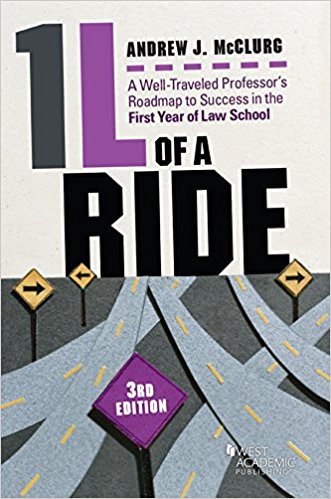
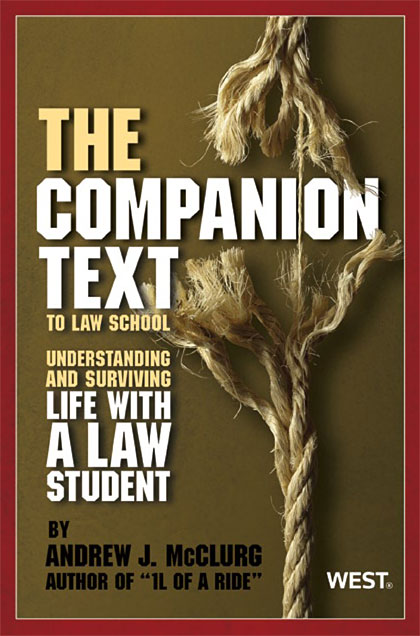




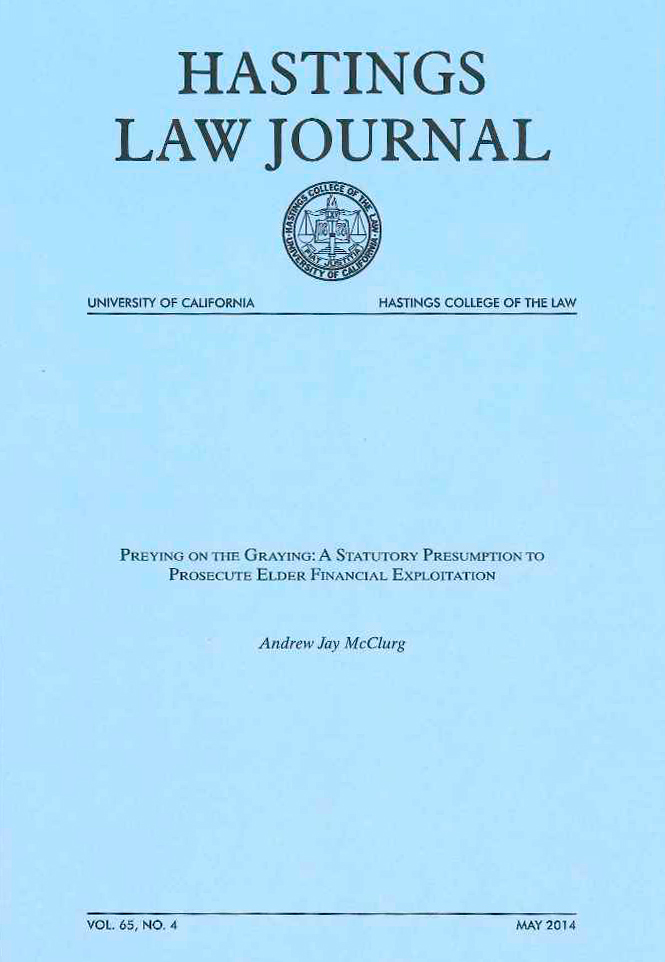
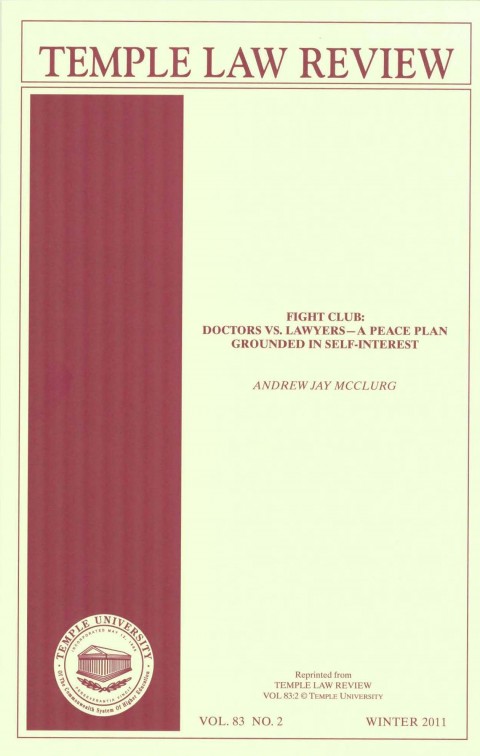
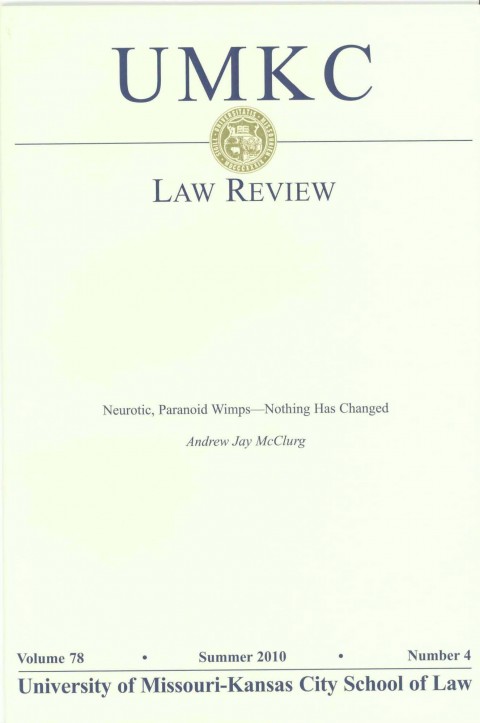
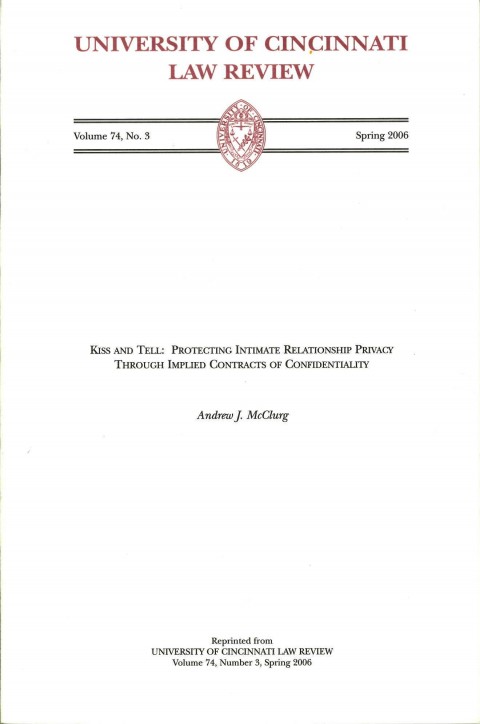
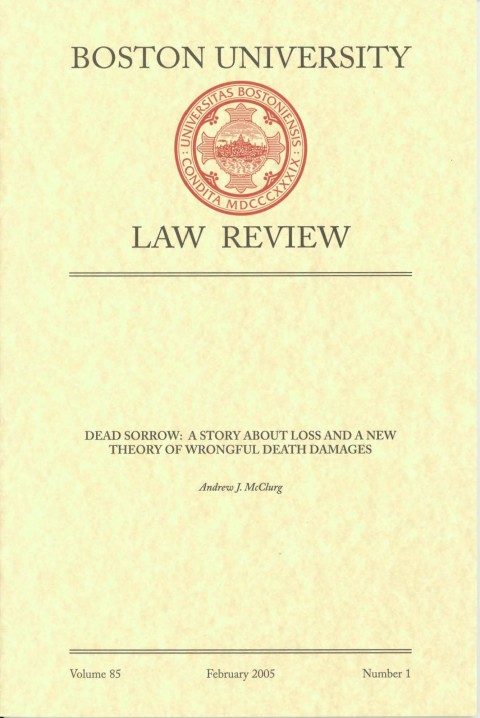
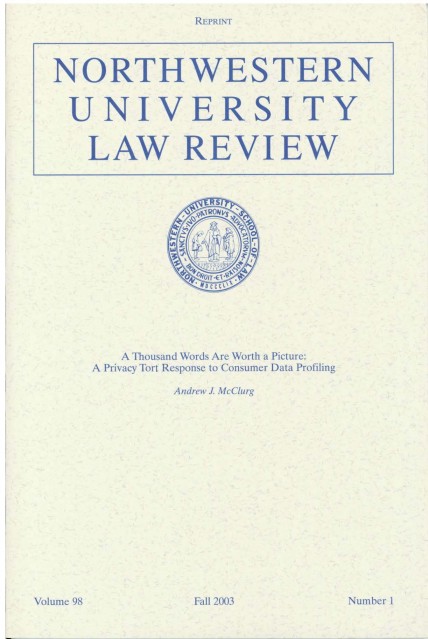
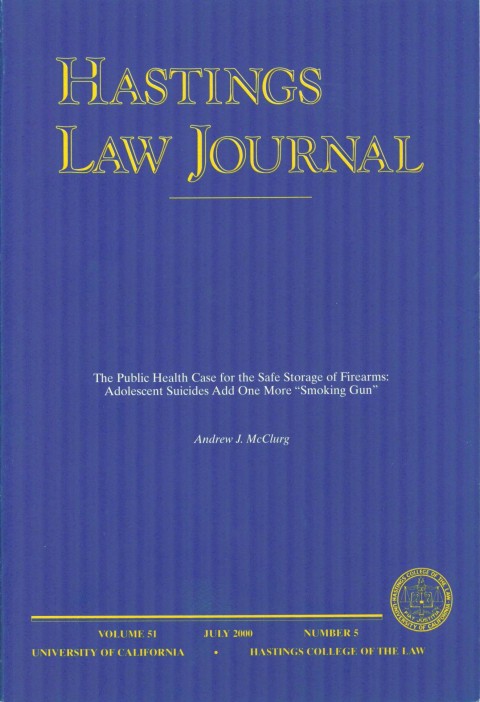
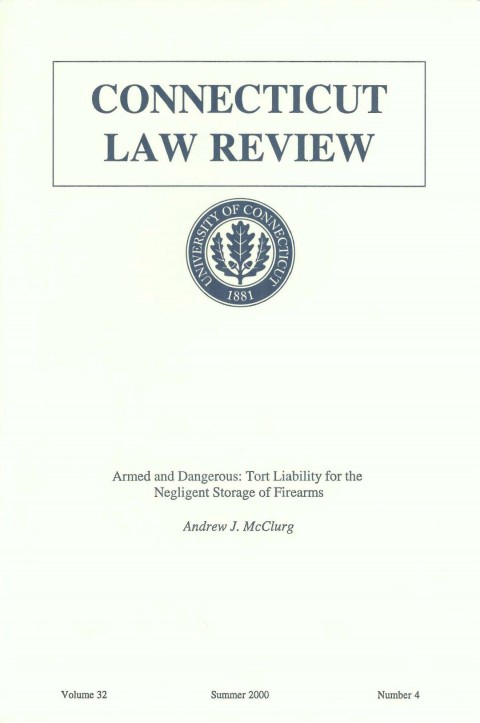
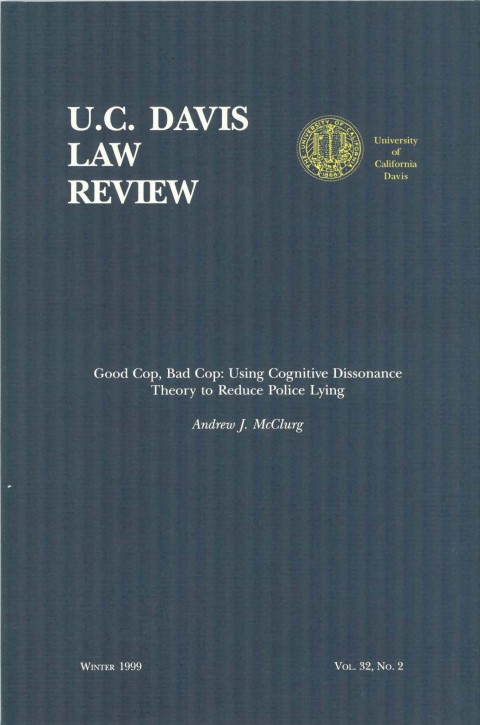
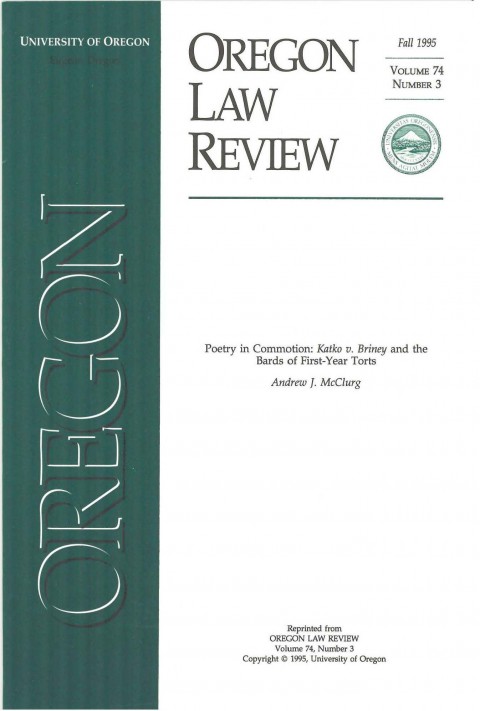
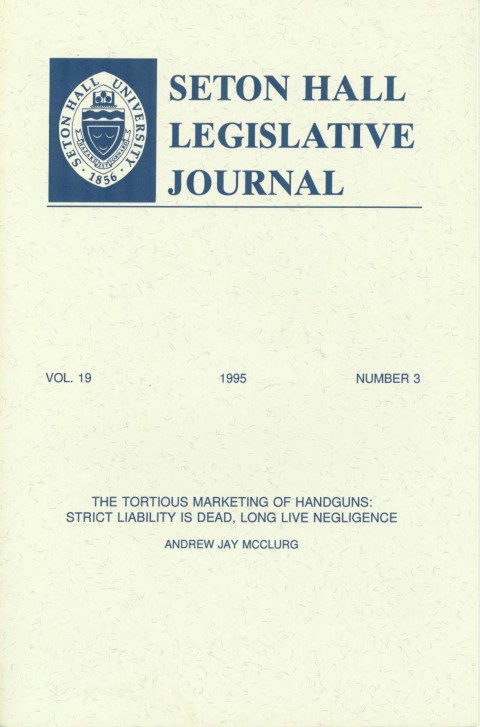
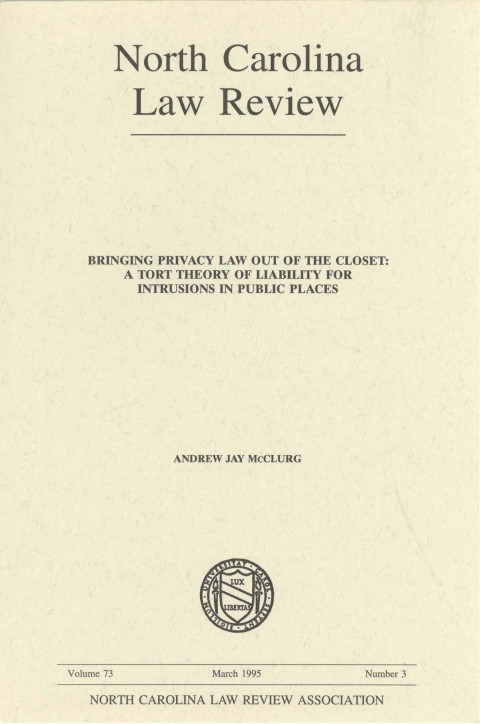
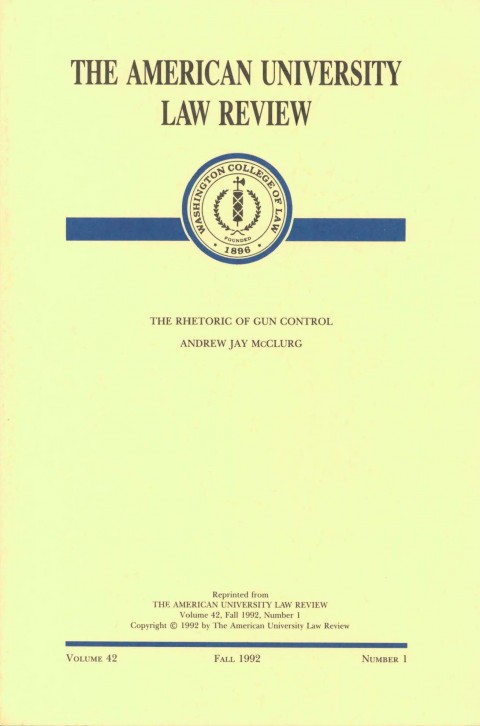
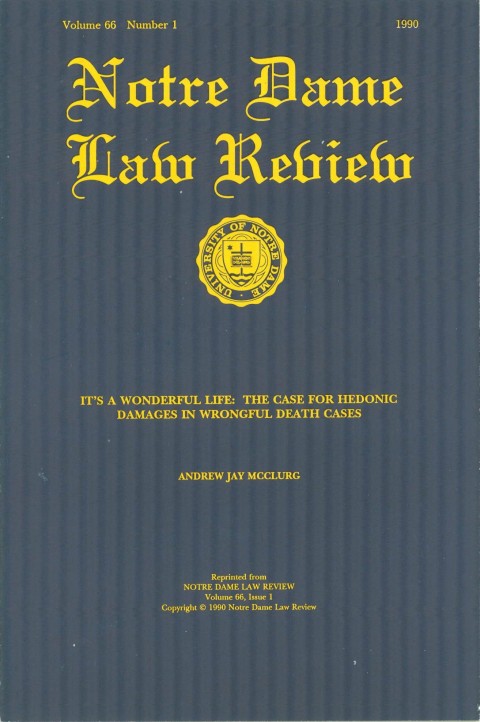
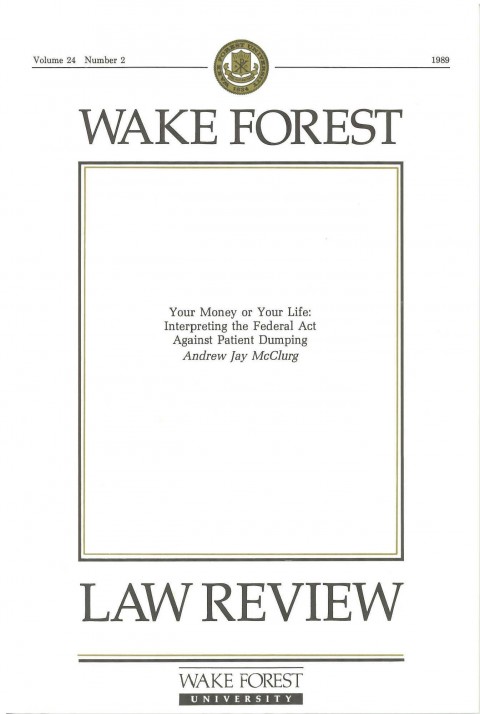
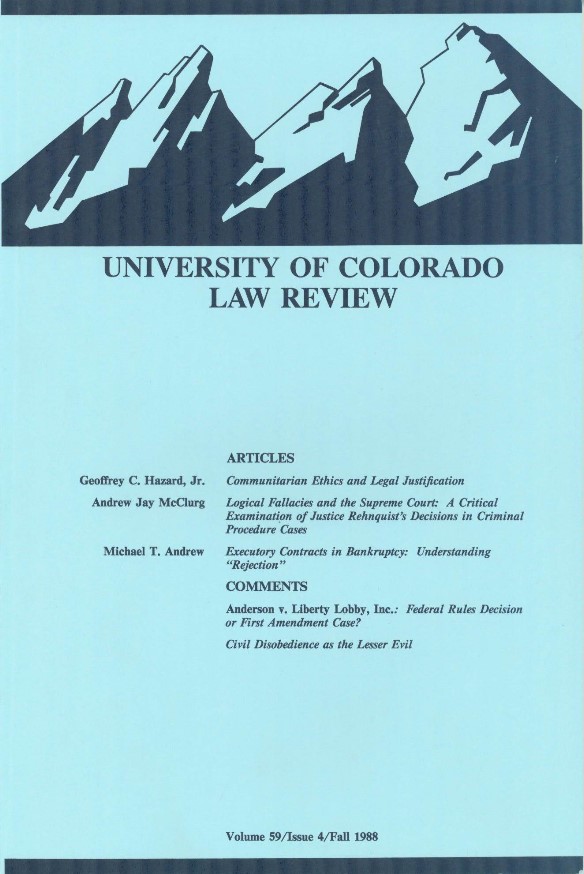
Leave a Reply